A type of phytoplankton found all over the world appears to be able to survive without external supplies of vitamin B1, leading to a re-thinking of how the vitamin controls growth and carbon uptake in the global oceans. The availability of nutrients and vitamins in the ocean is a key limiting factor controlling blooms of phytoplankton, […]
Tag: environment
Toronto air pollution slowly getting better
Efforts to curb air pollution in Canada’s largest city are having an effect, although there’s still room for improvement, according to a new study. Researchers analysed data from provincial and federal monitoring programs and found that between 2004 and 2012, levels of both nitrogen oxides and volatile organic compounds (VOCs) decreased by about half. However, […]
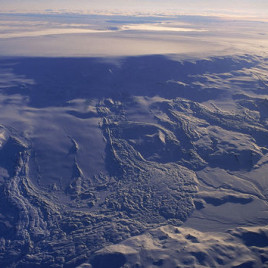
Iceland Bardarbunga volcano at an increased risk of eruption
Four years after ash from the Eyjafjallajokull volcano in Iceland disrupted air traffic in Europe for six days, scientists have heard ominous rumblings from another volcano, Bardarbunga. On August 18, the Icelandic Meteorological Office raised aviation alert level to orange, meaning that “it shows heightened or escalating unrest with increased potential of eruption”. Intense seismic […]
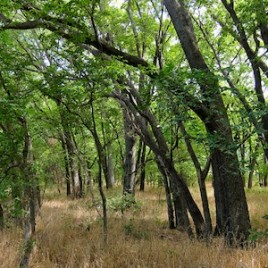
Are trees crowding out cows?
Livestock like beef cows can suffer when grasslands, shrublands and savannas shift to a more tree-covered landscape and new research has put a number on this effect. Using computer models the authors show that for every 1 per cent increase in tree cover, the number of reproductive cows per square kilometre drops by about 2 […]
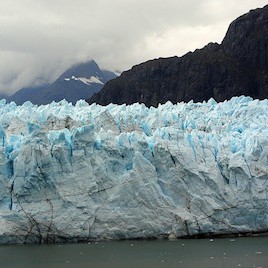
Is it our fault that glaciers are retreating?
A new paper helps quantify how much of the global loss of glaciers can be attributed to human activity as opposed to natural variation in earth’s temperature. The study uses a mathematical model to compare the amount of glacier melt that would have been expected based on natural and man-made forcings to the actual amount. […]
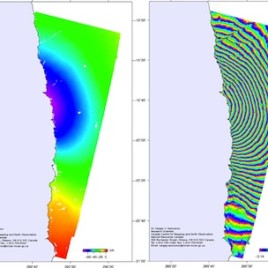
Chilean earthquake wasn’t the one scientists expected
Scientists had long expected a major earthquake in the subduction zone adjacent to northern Chile, but the magnitude 8.2 earthquake that occurred on April 1, 2014 was not it, according to a new study. Stress along the fault had been building since the last major quake in the area occurred in 1877. However, an analysis […]
Mercury is rising in the oceans
Mercury levels in the ocean have more than tripled in some regions as a result of human activity, a new study reports. Researchers measured mercury levels during several recent expeditions to the Atlantic, Pacific, Southern and Arctic oceans. The research team found that mercury content of surface water had three times the amount of mercury compared […]
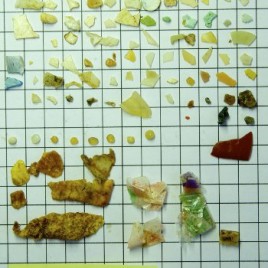
Researchers call for more studies on plastic in seabirds
Ingestion of plastic by seabirds is a serious problem, but research into the issue is patchy, according to a new review paper. Of the 91 seabird species in Canada, 33 have at least one reported case of plastic ingestion, however detailed data on plastic ingestion over time is available for only 6 species. Plastic ingestion […]
Scientists propose ‘roadmap’ to determine the impact of fracking
An international review highlights the knowledge gaps related to the ecological consequences of shale gas development, and sets priorities for future research. The authors point out that shale-drilling operations have increased by more than 700 per cent in the United States since 2007 and that it has occurred mostly in areas of biological diversity, yet […]
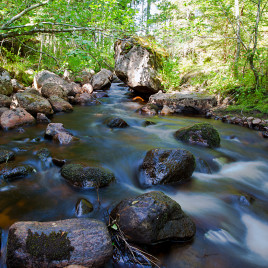
Streams in the boreal forests emit more CO2 than previously thought
Streams in the boreal forest emit more carbon dioxide than previously thought, a new study shows. Researchers discovered that previous studies on CO2 emissions from lakes and groundwater only studied the endpoints of streams and rivers. Studying carbon isotopes ratios from various points in groundwater allowed the researchers discovered previously unaccounted for CO2 emissions. The boreal forest […]
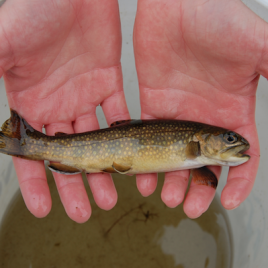
Small populations have more diversity than previously thought
Populations of trout living in streams with a small number of breeding adults still have enough genetic variation to be able to adapt to environmental changes according to a new study. Researchers found that streams with as few as 70 adults had more genetic variation than expected. Such variation provides a greater ability to adapt to environmental changes. […]
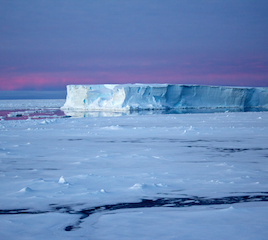
Overestimation of Antarctic sea ice expansion
A new study says that the measured expansion of sea ice in the Antarctic may be due to an error in the way satellite data is processed as recent observations show the ice is actually retreating. Comparing past and present datasets revealed a difference between the two records. The current data shows much faster sea ice expansion […]
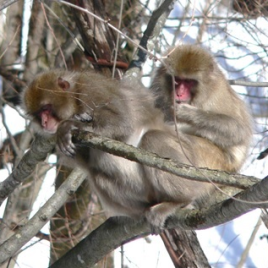
Blood changes in monkeys near Fukushima
Wild Japanese monkeys inhabiting a forest located 70 km from the Fukushima nuclear power plant have lower blood cell counts than monkeys from Northern Japan, a new study finds. The Fukushima nuclear power plant was badly damaged by a tsunami in March 2011. Red and white blood cell count were lower in the Fukushima monkeys. […]
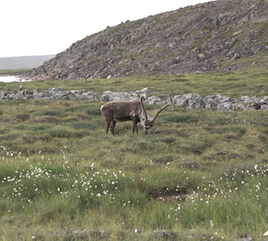
Caribous and wolves metabolize some pesticides
Caribou and wolves living in the Canadian Arctic are able to metabolize some pesticides according to a new study. By analyzing local vegetation and the tissue of captured caribous and wolves researchers looked to see if the pesticide levels would biomagnify – increase in concentration up the food chain. They saw that while currently used pesticides do enter the food […]
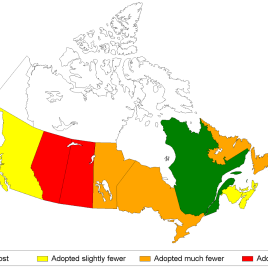
What’s the greenest province in Canada?
Researchers measuring pro-environmental behaviour in Canada at the household level found that British Columbia and Québec lead the pack. The study was conducted using the answers to 39 questions on the 2007 Environment Survey of Statistics Canada. They found out that households in British Columbia, Quebec, Prince-Edward-Island and Nova-Scotia were the greenest opposed to Alberta, […]

Expert Comments – Carbon Impact of Keystone XL
A study published Sunday in Nature Climate Change uses an economic model to quantify the potential impact on greenhouse gas emissions resulting from the proposed Keystone XL pipeline, which would transport crude oil from Canadian oil sands projects to refineries in the US. The authors say that previous analyses did not adequately account for the ways […]